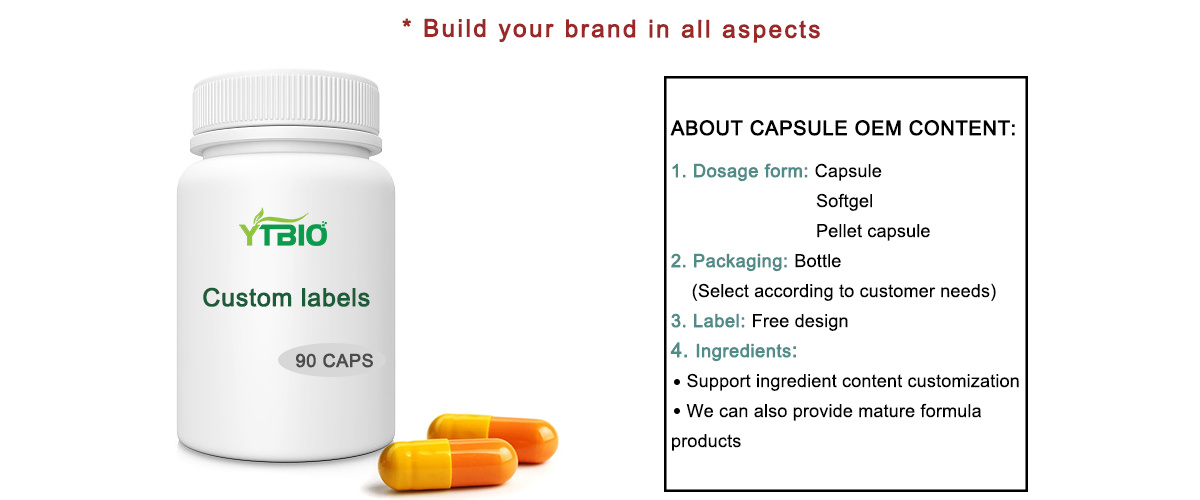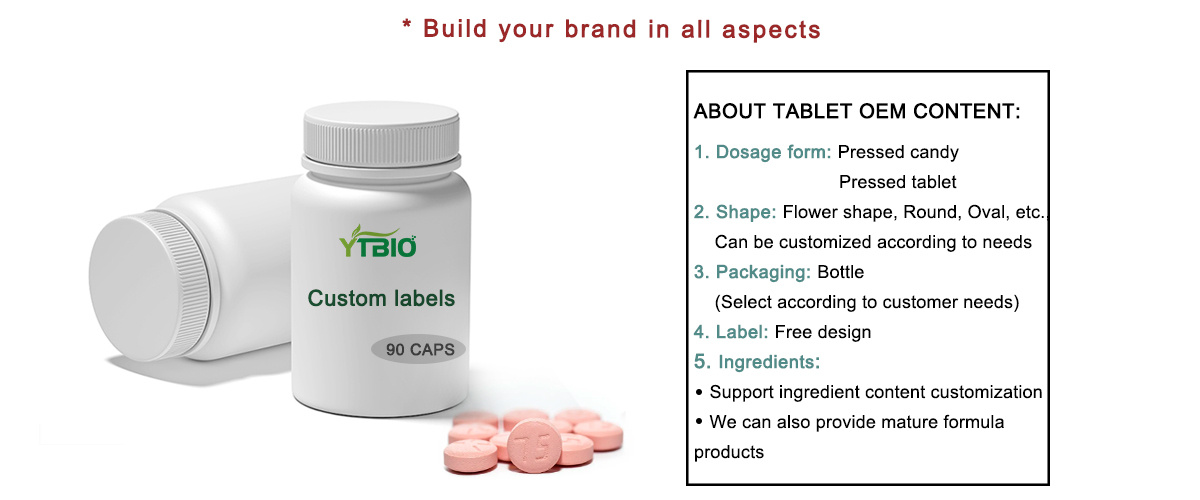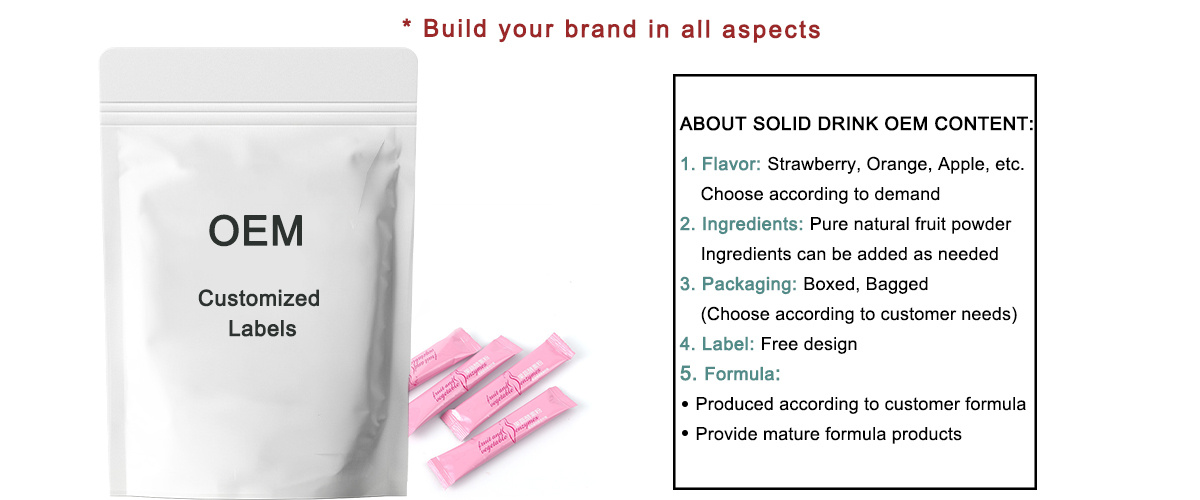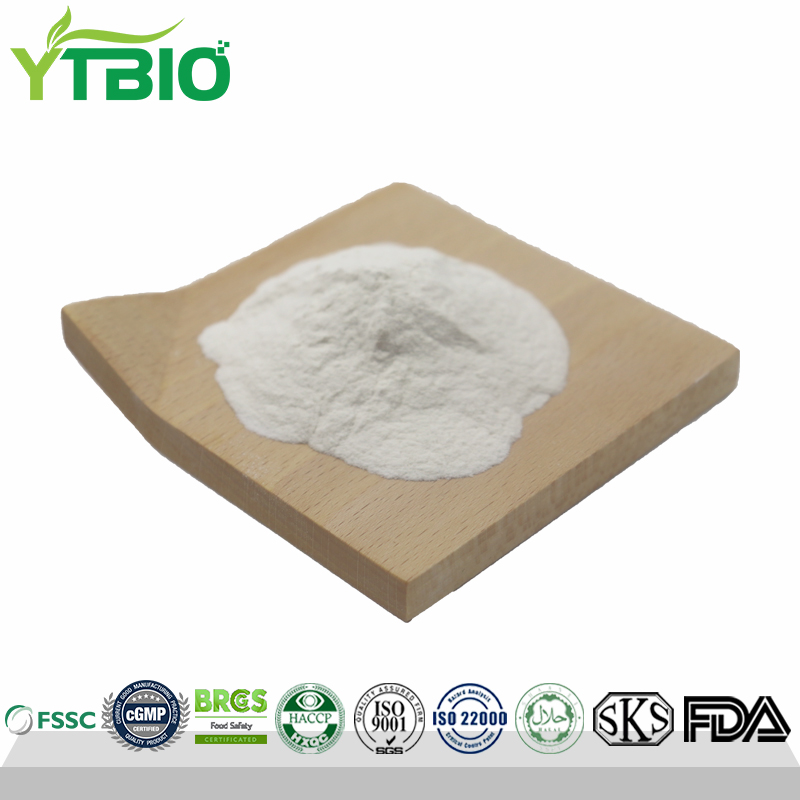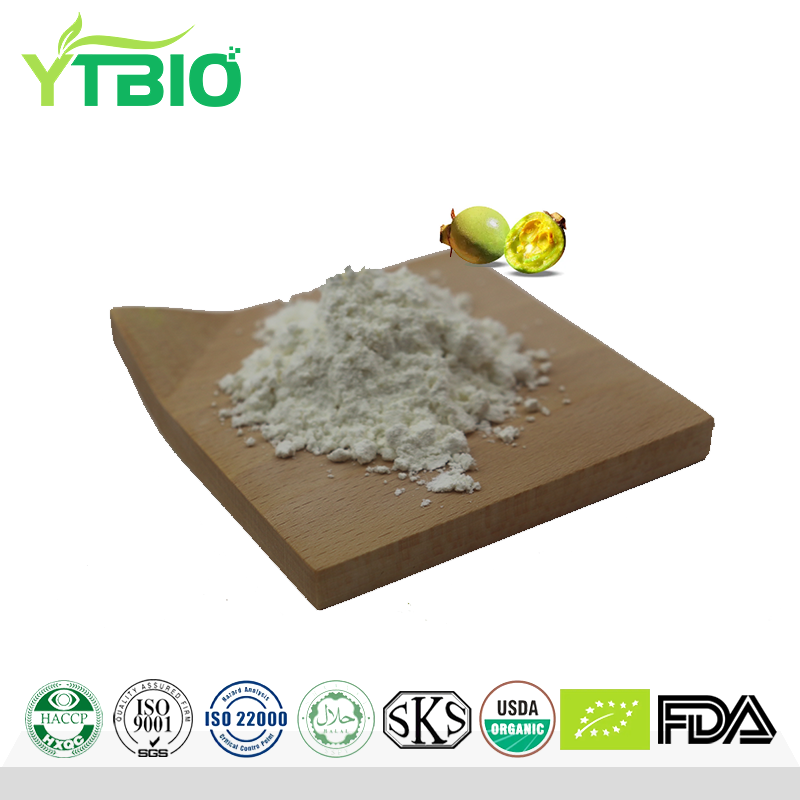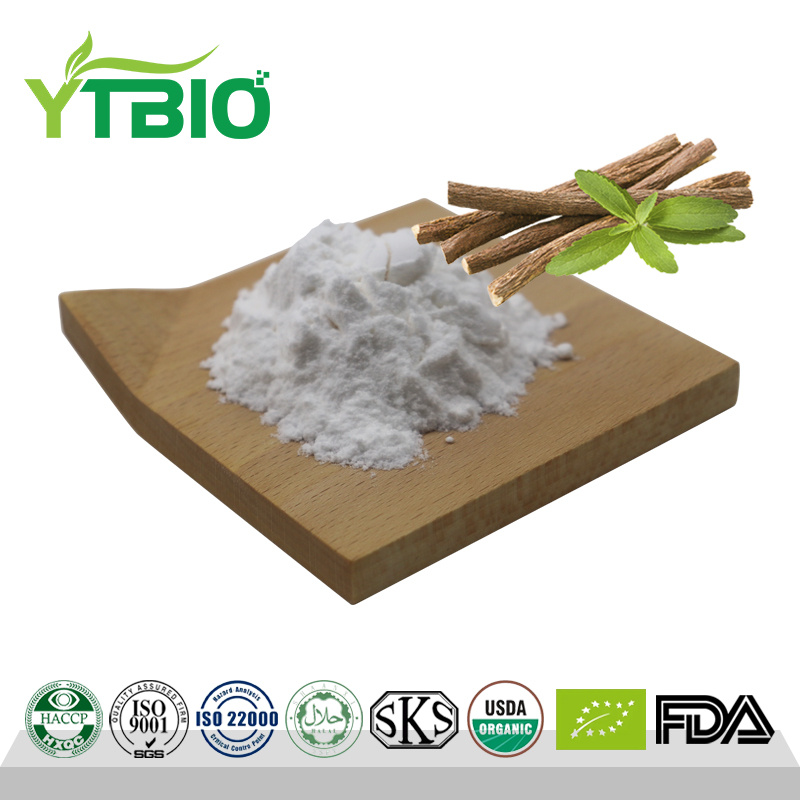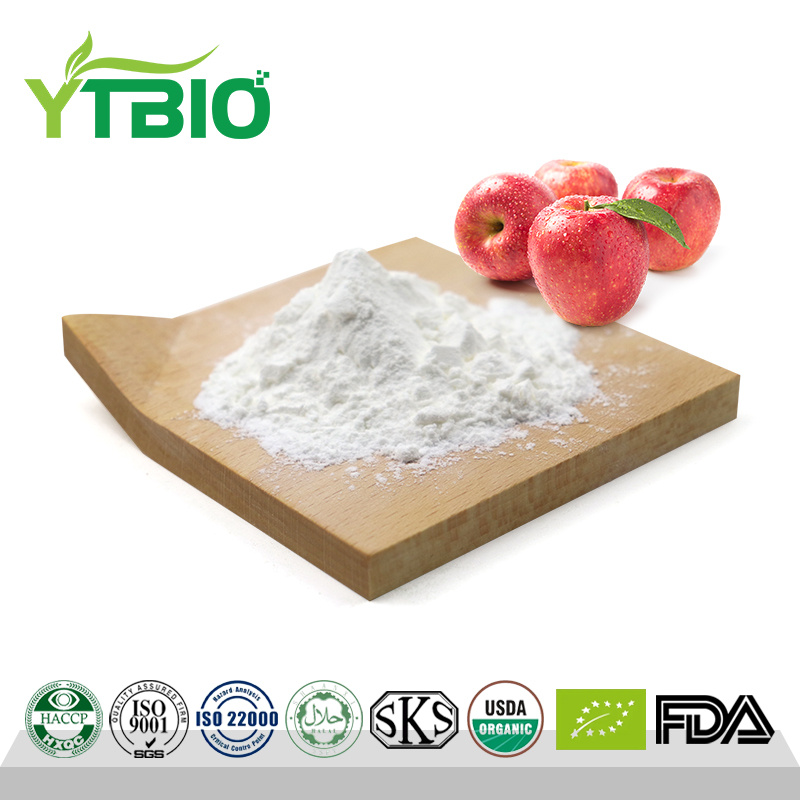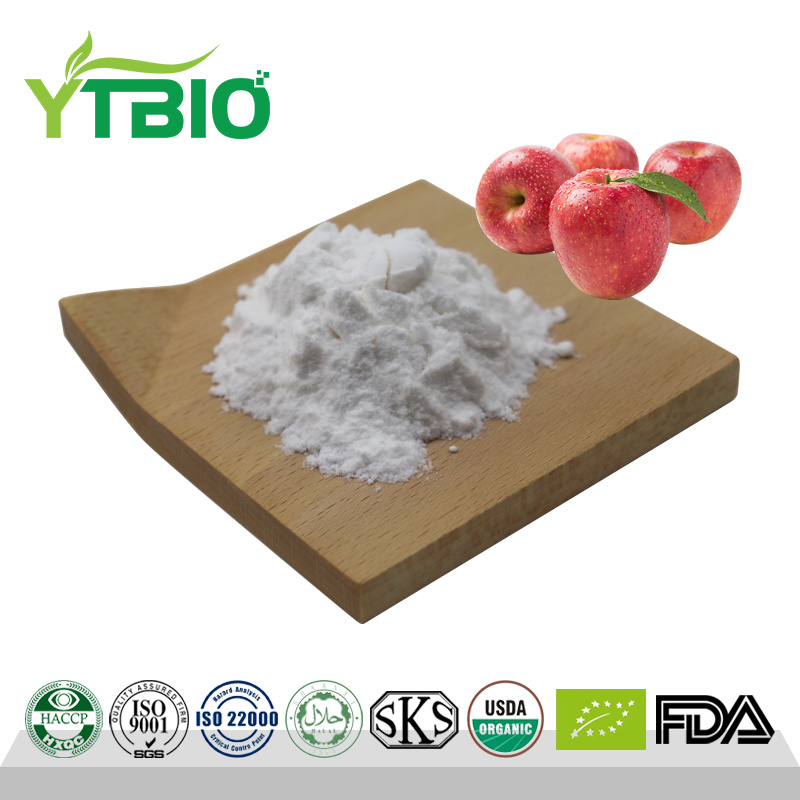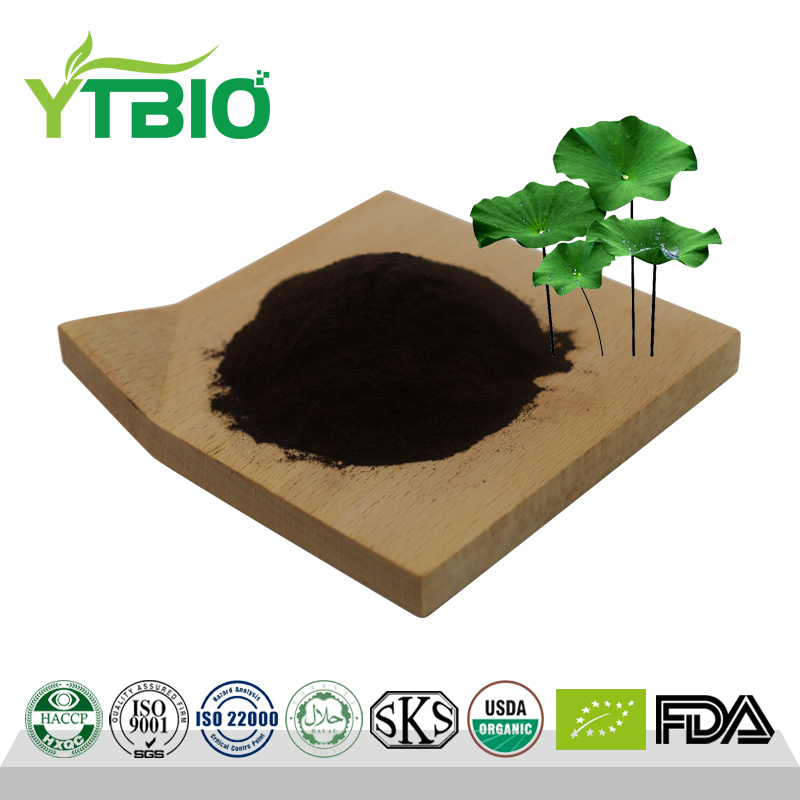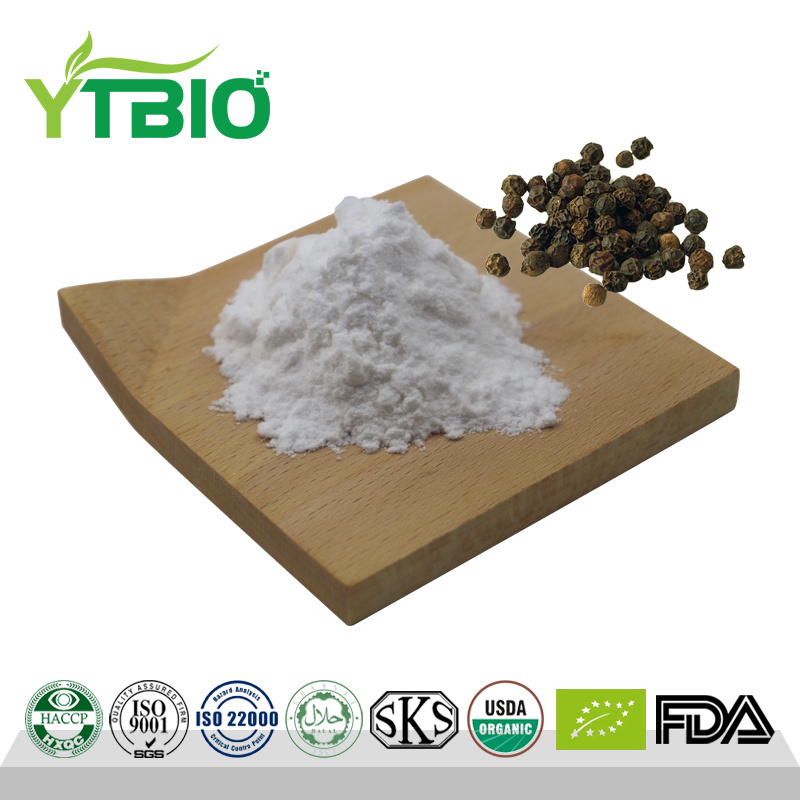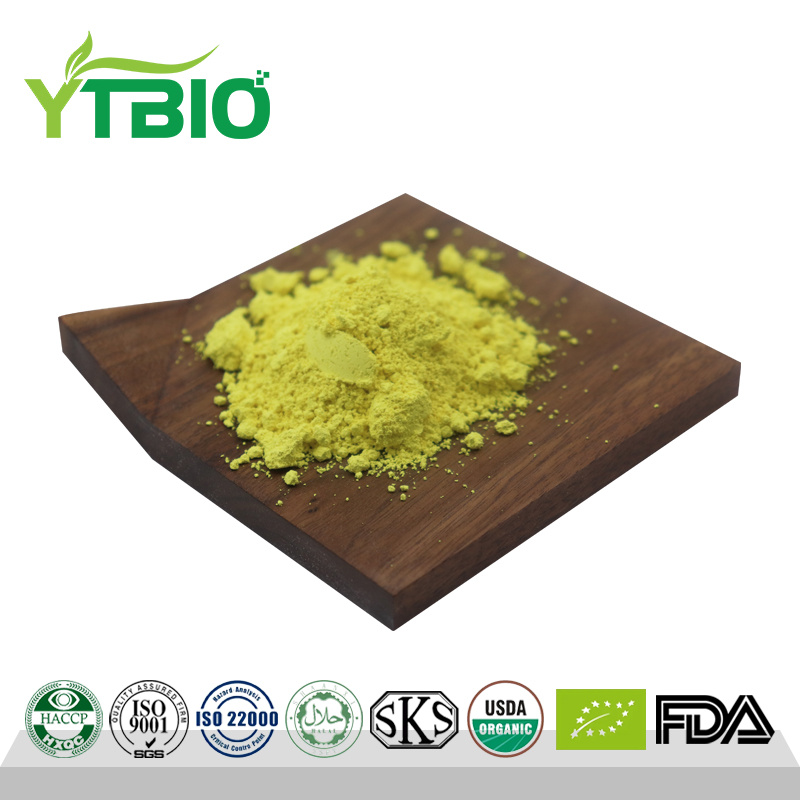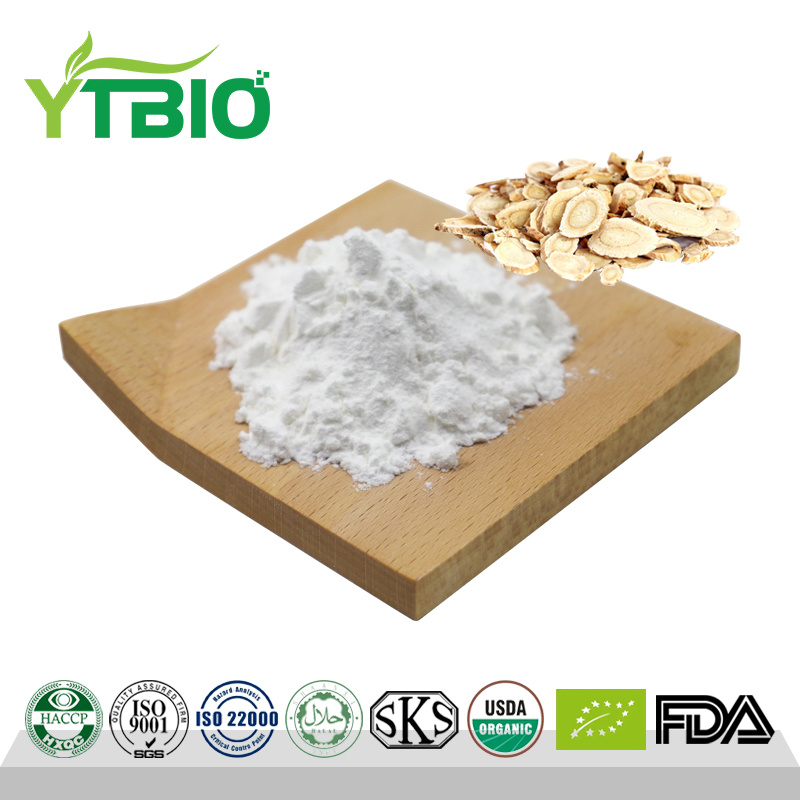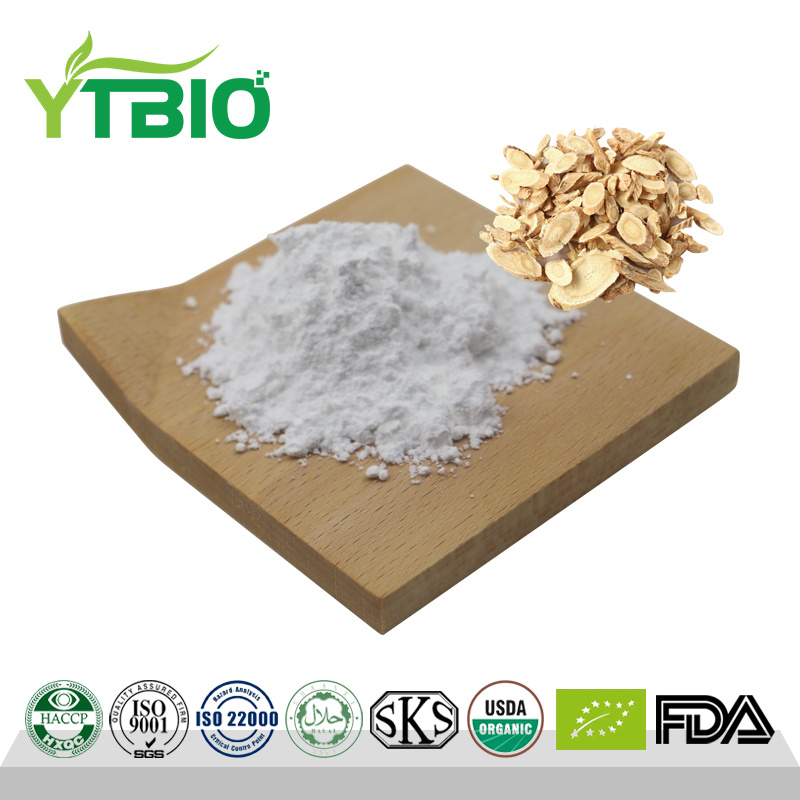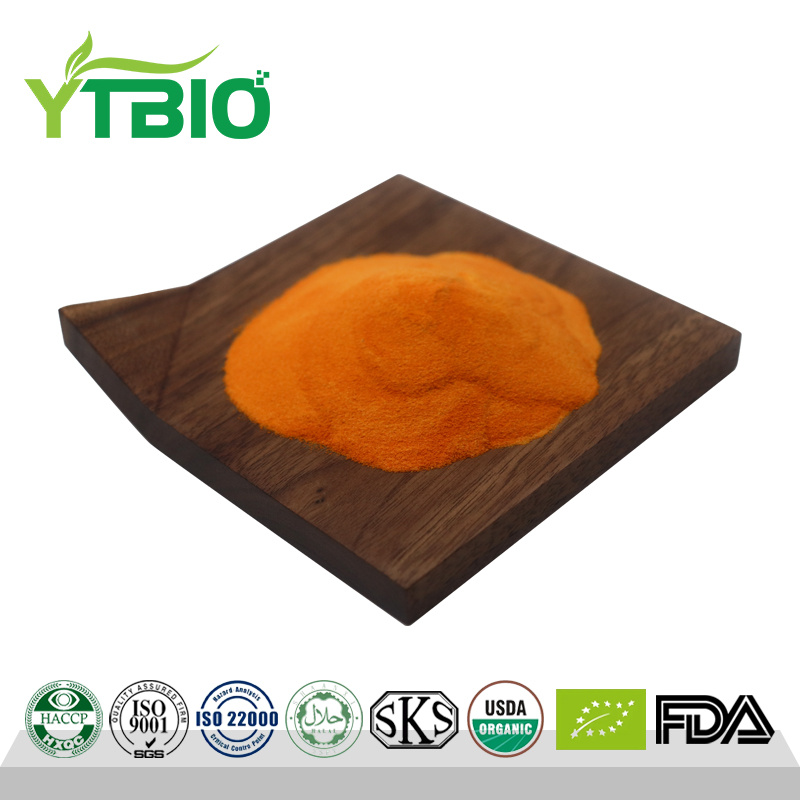Factory Supply Coenzyme Q10 Powder 303-98-0
About Coenzyme Q10
Coenzyme Q10 (CoQ10), also known as ubiquinone (UQ), is a coenzyme present in all eukaryotic organisms that perform aerobic respiration. It is a benzoquinone-type fat-soluble compound with a structure similar to vitamin K. Q represents the quinone group, and 10 represents the number of isoprene attached to its tail.
It is mainly distributed in the "energy factory" of each cell - the mitochondria. It is especially abundant in organs with high energy requirements such as the heart, liver and muscles. Coenzyme Q10 has two main forms: oxidized state (CoQ10) and reduced state (CoQH2).
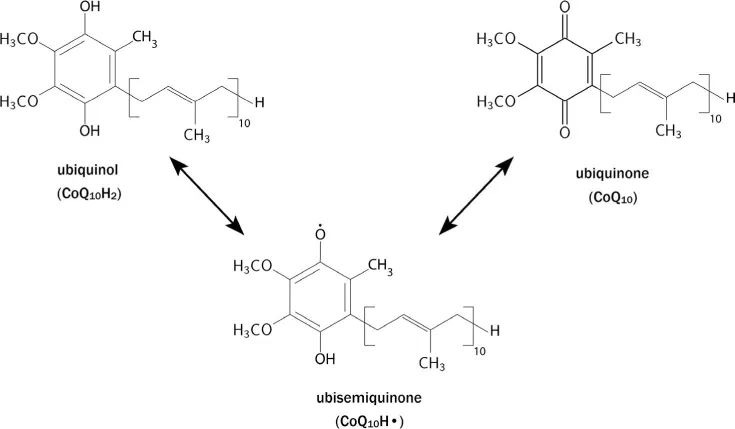
CoQ10 used alone or in combination with vitamin E is a strong antioxidant. It is necessary to drive the energy production (ATP) cycle of the human body. It has the function of promoting oxidative phosphorylation reactions and protecting the structural integrity of biological membranes. Coenzyme Q plays an important role in proton translocation and electron transfer in the respiratory chain in the body. It is an activator of cell respiration and cell metabolism, and is also an important antioxidant and non-specific immune enhancer.
It has two core functions in the body
Helping to produce energy (ATP): It is like a "conveyor belt" on an energy production line, helping to convert nutrients in food into ATP that can be used by cells.
Antioxidant "shield": Coenzyme Q10 can also fight against free radicals, the "internal rust factor", to protect cells from oxidative damage.
Main mechanism of action
1. Promote energy generation: Coenzyme Q10 plays an important role in the electron transport chain in mitochondria, helping to convert energy from food into ATP and provide energy for cells. This is especially critical for high-energy organs such as the heart, liver and muscles.
2. Antioxidant: Coenzyme Q10 is a good antioxidant that can remove free radicals, the "bad guy", reduce the damage of oxidative stress to cells, and protect mitochondrial DNA and lipid membranes from being damaged.
3. Support cardiovascular health: It can also improve myocardial function, reduce oxidative stress, and optimize endothelial function, thereby having a positive effect on the cardiovascular system.
Nutritional supplements
For people who have difficulty getting enough coenzyme Q10 from their diet, capsules, softgels or liquid coenzyme Q10 products on the market are good choices. The generally recommended dose is 30-200 mg per day, and the specific dose should be adjusted according to personal needs and doctor's advice.
Common classifications of coenzyme Q10 (water-soluble, fat-soluble, bound dosage forms)
| Type | Features | Applicable people |
| Fat Solubility | - Solubility: Coenzyme Q10 itself is fat-soluble and soluble in oil. - Absorption: It needs to be taken with fat to improve the absorption rate. - Product form: Commonly found in soft capsules, containing oil solution. | - General population: Suitable for daily health care. - People without fat intake restrictions: Can be taken with fat in food. |
| Water solubility | - Solubility: Coenzyme Q10 is made into a water-soluble form through technical means. - Absorption: It does not require fat assistance and dissolves directly in water, with a high absorption rate. - Product form: powder, tablets, liquid, etc. | - People with limited fat intake: individuals who need to control fat intake. - People with malabsorption: patients with fat malabsorption. |
| Combined dosage form | - Features: Coenzyme Q10 is combined with other ingredients (such as vitamin E, lecithin) to form a compound preparation. - Absorption: Combining with other ingredients can improve stability and absorption rate. - Product form: compound capsules, tablets, etc. | - Those who need comprehensive supplements: individuals who want to take multiple nutrients at the same time. - Those with specific needs: patients who need antioxidant or cardiovascular support. |
The following groups may benefit from CoQ10 supplementation
Patients with cardiovascular diseases: such as those with heart failure, hypertension, and coronary heart disease.
High-intensity exercisers: those who need to increase energy and endurance.
Middle-aged and elderly people: CoQ10 levels in the body decrease, and additional supplementation is needed to maintain health.
Patients with chronic fatigue syndrome: symptoms are improved by increasing ATP levels.
Patients with neurodegenerative diseases: such as those with Parkinson's disease or Alzheimer's disease.
Skin care needs: CoQ10 is used in many skin care products to fight aging and improve skin quality.
About Customization
